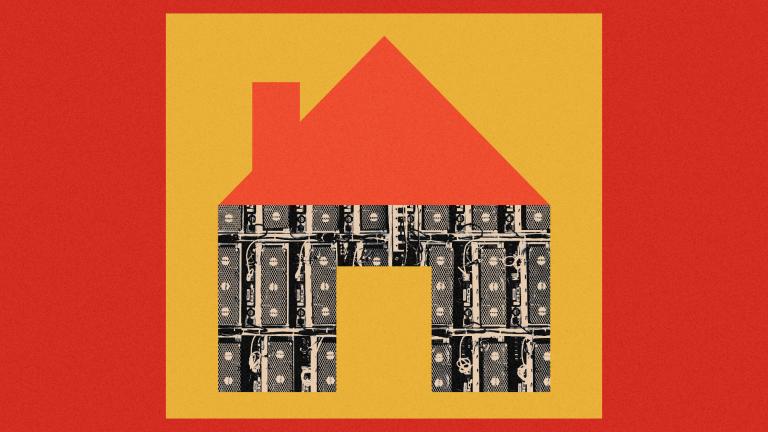Ever hear of a reality show called “Snake Salvation?” Me neither, until one of the serpent-handling co-stars was bit last month by a snake during a church service and later died. How does this unfortunate incident relate to sustainability and supply chains? Overlooking the obvious can come back to bite you.
We all remember the discovery that Kathy Lee Gifford’s clothing line was being made in sweat shops and, more recently, the deaths of garment workers in Bangladesh making products for global brands and retailers. And just weeks ago, U.S. Food & Drug Administration officials traveled to India to address the growing problem of prescription drugs made with fake ingredients because of lax oversight of supply chains, manufacturers, and online retailers.
These lessons have registered with a growing number of companies, including GE and Walmart. Both have audited suppliers for a variety of sustainability and social responsibility key performance indicators (KPIs) for many years, but found the need to train employees and suppliers to improve actual results. One solution has been to turn to non-profits, including the Vermont-based Institute for Sustainable Communities, and send staff for training to its programs in China, for instance.
But even with more knowledgeable employees, you can’t manage what you don’t measure, so Walmart created a “Sustainability Consortium”, a group of academics, consultants, and non-profits that have helped them devise “scorecards” across numerous environmental and social KPIs. The resulting “Sustainability Index” helps them measure progress and make purchasing decisions, which drives constant improvement while identifying and eliminating risk factors. Since its inception five years ago, the index has been used to evaluate and manage over 5,000 suppliers and about three quarters of all products sold in Walmarts and Sam’s Clubs will be indexed by 2017.
This “trust but verify” approach is now being automated by more companies, allowing managers to catch and solve problems more quickly. The South African retailer Woolworth uses a system from Silicon Valley-based MetricStream that replaces manual processes and paper-based spreadsheets with an automated system that tracks KPIs across 900 suppliers worldwide. This same system is now also used by financial firms, increasingly concerned about compliance issues, including UBS and Barclaycard US, and global brands like P&G, Pfizer, and Philips.
Government policy makers have a role to play here too. In the United Kingdom for example, the government’s Green Deal program aimed to stimulate 10,000 new energy efficiency projects by the end of 2013, but data shows there might be no more than 600 underway so far. The research firm Experian has calculated that a cut in the VAT tax on housing renovation and repair (from 20% currently to something like 5%) could stimulate as much as £1bn of new investment in the next five years on projects such as home insulation and window replacement, cutting up to 240,000 tons of CO2 by 2020 along the way. These retrofits would all be implemented by local (and mostly small) businesses, which tend to source materials locally, with far greater visibility into their supply chains and which, by definition, will reduce pollution and emissions associated with longer supply chains and transportation.
Yes, when it comes to supply chains in a global economy, what you don’t know can – – and likely will – – hurt you at some point. Smart managers are making it a priority to improve visibility into sustainability and social responsibility standards and performance. Those that don’t could end up with a nasty bite.



